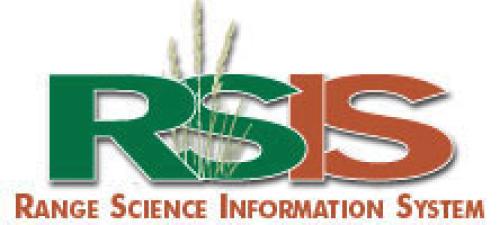Jones conducted a quantitative review of the effects of cattle grazing in arid systems on 16 response variables ranging from soil bulk density to total vegetative cover to rodent species diversity. Each study used for the review was assigned to serve as a single data point in paired comparisons of grazed versus ungrazed sites. All analyses tested the 1-tailed null hypothesis that grazing has no effect on the measured variable. Eleven of 16 analyses revealed significant detrimental effects of cattle grazing, suggesting that cattle can have a negative impact on North American xeric ecosystems. Soil-related variables were most negatively impacted by grazing, followed by litter cover and biomass, and rodent diversity and richness. Vegetative variables showed more variability in terms of quantifiable grazing effects, with 4 of 8 categories testing significantly. Overall, these findings could shed light on which suites of variables may be effectively used by land managers to measure ecosystem integrity and rangeland health in grazed systems. However, it is important to note that the analyses did not take into account certain details of individual studies, such as stocking rates and intensity and timing of grazing, that could affect measured impacts.

Citations and enhanced abstracts for journals articles and documents focused on rangeland ecology and management. RSIS is a collaboration between Montana State University, University of Idaho, and University of Wyoming.